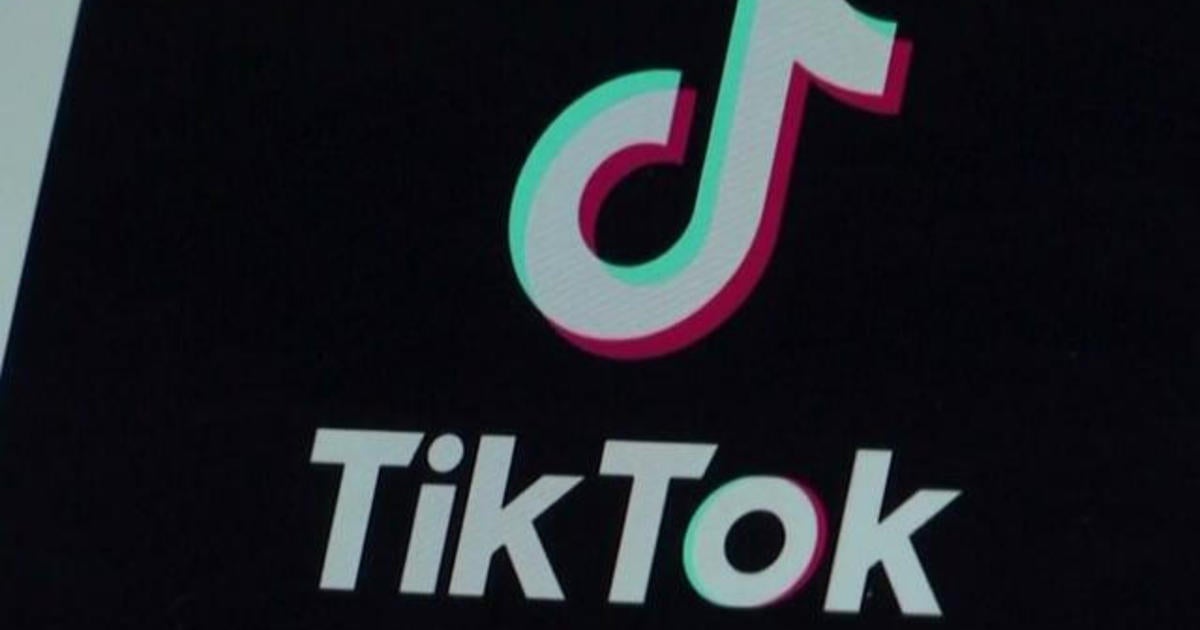Supreme Court Poised to Uphold Controversial TikTok Ban: Understanding the Implications for Users
As the Supreme Court prepares to make a pivotal decision regarding the legality of a TikTok ban, millions of users are left wondering what this could mean for their beloved platform. The case, which revolves around national security concerns and user data privacy, has sparked widespread debate about the future of social media regulation in the United States. This ruling could shape the digital landscape for years to come, influencing not just TikTok, but how all social media platforms operate in an increasingly scrutinized environment.
The Background of the TikTok Ban Controversy
Launched in 2016, TikTok quickly rose to prominence, becoming a cultural phenomenon, particularly among younger audiences. With its short-form video format and creative tools, it has garnered over a billion users worldwide. However, its meteoric rise has not come without controversy. Concerns about data privacy and national security have led lawmakers to question whether the app, owned by Chinese company ByteDance, poses a threat to American users’ data.
In 2020, then-President Donald Trump attempted to ban TikTok in the U.S., citing security risks associated with its Chinese ownership. Although the ban was ultimately blocked by federal courts due to legal challenges, the issue has remained alive. The Biden administration has taken a more cautious approach, initiating a review of TikTok’s data practices while continuing to express concerns about user data being accessed by the Chinese government.
What the Supreme Court Ruling Could Entail
The Supreme Court’s decision on the TikTok ban could either uphold the previous attempts to restrict the app or provide a legal framework that allows it to operate freely in the U.S. Here are some potential outcomes:
- Upholding the Ban: If the Court decides to uphold the ban, TikTok could be removed from app stores in the U.S., significantly affecting its user base and content creators. This could also set a precedent for future bans on other foreign-owned applications.
- Overturning the Ban: Should the Court rule against the ban, it would reaffirm the right of companies to operate without undue interference, potentially paving the way for TikTok to continue its operations while addressing security concerns.
- Creating New Regulations: The ruling could also lead to the establishment of new regulations surrounding data privacy, particularly for apps that collect substantial user data. This could involve stricter guidelines for all social media platforms.
Implications for Users
For TikTok users, the implications of the Supreme Court’s decision are vast and multifaceted:
- Access to Content: A ban would mean users could no longer access TikTok, losing a platform for creativity, entertainment, and social connection.
- Impact on Creators: Many content creators rely on TikTok for their livelihoods. A ban could disrupt their income streams and force them to migrate to other platforms, which may not offer the same level of engagement.
- Data Privacy Awareness: Regardless of the outcome, this situation has heightened awareness about data privacy. Users may become more cautious about the information they share online, prompting a shift in how they interact with all social media platforms.
The Broader Context of Social Media Regulation
The TikTok case is emblematic of a broader conversation about social media regulation. As platforms grow in influence, the balance between user privacy, freedom of expression, and national security becomes increasingly complex. Here are some factors to consider:
- Global Data Practices: The case has highlighted the need for standardized data protection regulations across borders. With users’ data being stored and accessed worldwide, cohesive policies are necessary to protect user information.
- Platform Accountability: The ruling could encourage more accountability from social media platforms regarding how they handle user data, particularly those owned by foreign entities.
- Influence on Future Legislation: A decision in this case might influence lawmakers to draft new legislation that addresses the nuances of social media usage, beyond just TikTok.
What Users Can Do
While the future of TikTok hangs in the balance, users can take proactive steps to protect themselves and prepare for any potential changes:
- Stay Informed: Keep abreast of the latest developments regarding the Supreme Court’s decision and any potential impacts on TikTok and other social media platforms.
- Review Privacy Settings: Regularly check and adjust privacy settings on TikTok and other platforms to control what data is shared and with whom.
- Diverse Engagement: Explore other social media platforms to diversify your online presence. This can help mitigate the impact if one platform becomes unavailable.
Looking Ahead: The Future of TikTok and Social Media
The Supreme Court’s decision regarding the TikTok ban is not just about one app; it represents a crucial moment for the future of social media regulation in the United States. As users, creators, and stakeholders await the ruling, there is hope that the outcome will lead to a more balanced approach to digital engagement, prioritizing user privacy while fostering a vibrant online community.
In conclusion, whether the Supreme Court upholds or overturns the controversial TikTok ban, one thing is clear: the digital landscape is evolving. As discussions around data privacy, security, and platform accountability continue, users must navigate this complex environment with awareness and adaptability. The outcome of this case could reshape the way we think about social media, data usage, and our rights as digital citizens.
See more Future Tech Daily

